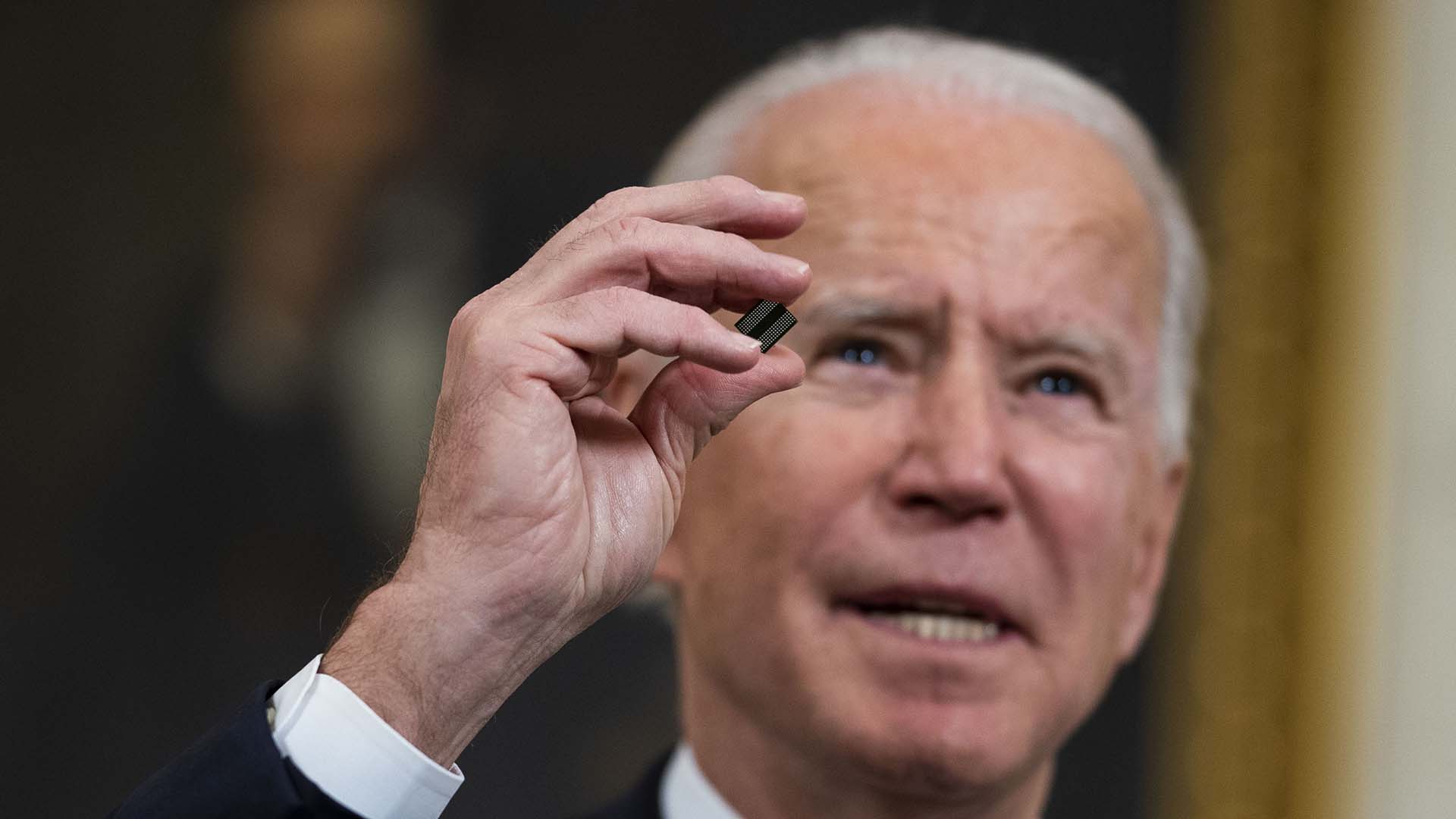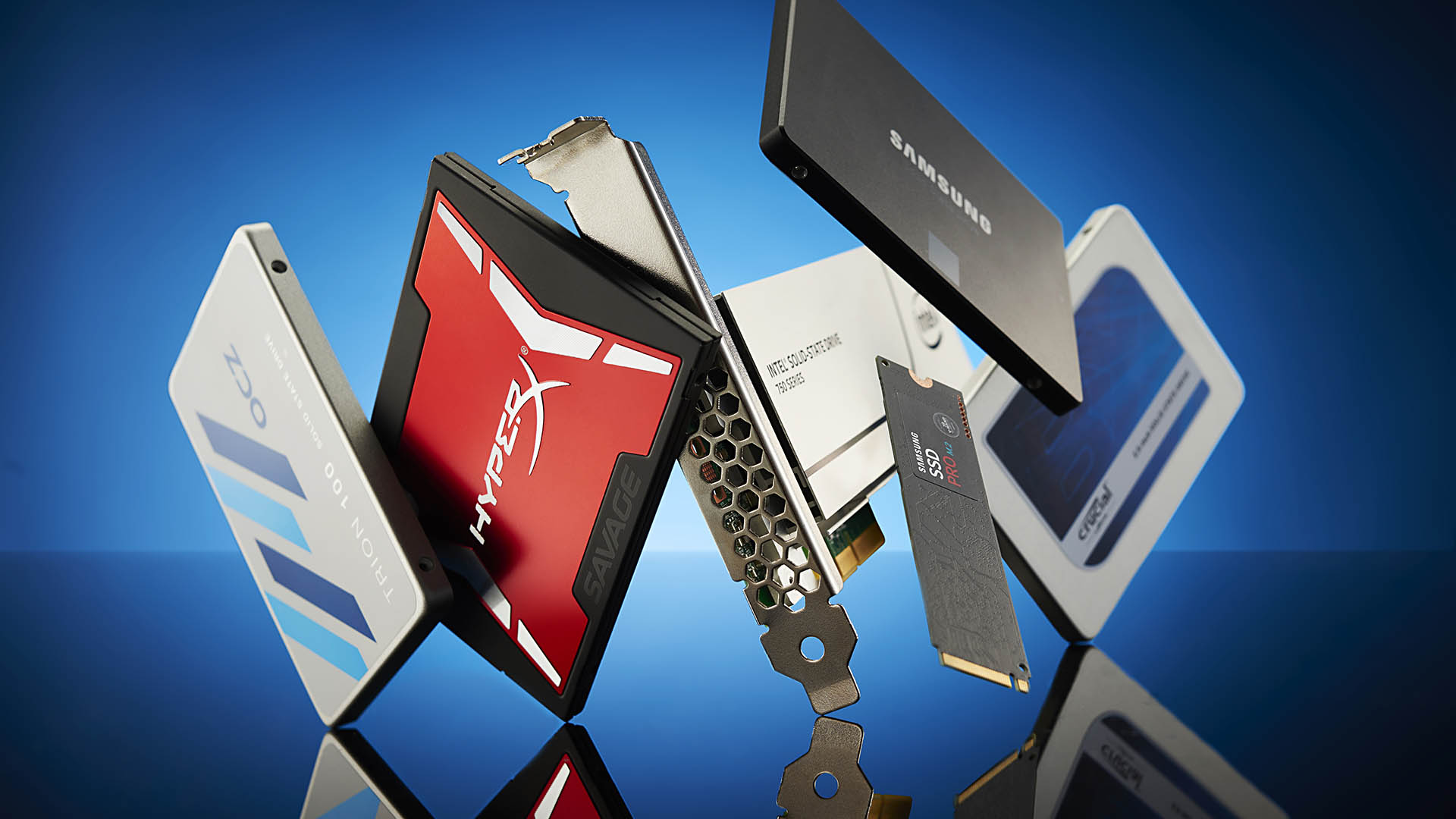The Biden administration is set to double tariffs on Chinese made semiconductors, potentially leading to more expensive PC hardware

Round and round we go.
Just about every other day there's a new development in the escalating tech war between China and the US. Whether it's blocking the servicing of advanced chip making equipment in China, or the blocking of Windows and Intel and AMD chips from Chinese government systems, it's a never ending merry go round of tit-for-tat measures and retaliations.
Applying tariffs to imported goods in order to protect a domestic industry is straight out of the economic playbook, and that's exactly what the Biden administration has done, by announcing a doubling of the tariffs it applies to imported Chinese semiconductors, from 25% to 50%.
The White House justifies this rise by claiming it's aimed at protecting investments made under the CHIPS Act. Its press release states: "The CHIPS and Science Act includes $39 billion in direct incentives to build, modernize, and expand semiconductor manufacturing fabrication facilities as well as a 25% investment tax credit for semiconductor companies. Raising the tariff rate on semiconductors is an important initial step to promote the sustainability of these investments."
Debating the merits of tariffs and the political aspects of this move are beyond the scope of this article, but it is accepted that the burden of these tariff increases will fall upon the US consumer, and that means we could be looking at a situation where the prices of the hardware we know and love will be forced upwards in price.

Best SSD for gaming: The best speedy storage today.
Best NVMe SSD: Compact M.2 drives.
Best external hard drives: Huge capacities for less.
Best external SSDs: Plug-in storage upgrades.
The big ticket items like Intel, AMD and Nvidia chips won't be affected, but a motherboard from a PC, laptop or phone includes dozens of other controllers and components, many of which are manufactured by Chinese companies. If the prices of these components rises, the cost will be passed onto the consumer.
The proposed tariffs are not just set to impact the market for Chinese chips, they will be applied to steel and aluminum, electric vehicles and batteries, solar cells and medical products.
If there's one thing that's sure to happen, it's that the Chinese government will respond in kind. That's the nature of a trade war. And consumers as a whole will end up bearing the cost.
